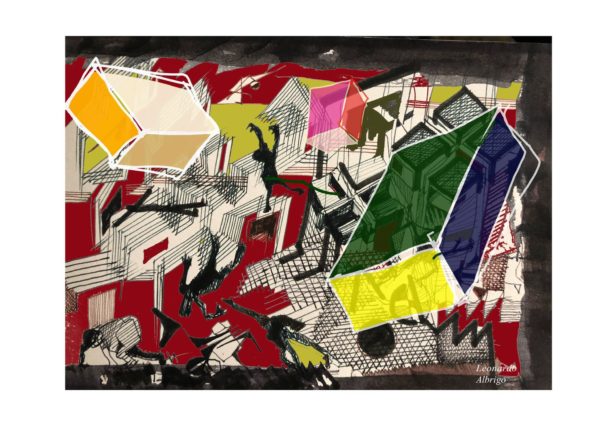Leonardo Diprima
Ricercatore indipendente (leonardo.diprima96@gmail.com)

Abstract: This article provides an overview of Adorno’s adoption of Freudian group psychology in “Freudian Theory and the Pattern of Fascist Propaganda” and other works – and the application of its tenets to fascism and fascist propaganda. Adorno conceives of the latter as the artificial, instrumental activation of collective psychology for political purposes. Fascist leaders employ rhetorical techniques that are devoid of programmatic content, but that are modeled after Freudian psychology. Adorno also revisits Freudian psychology: he sticks to its central theoretical tenets but applies them to fascism against the backdrop of a wider sociological framework. On the one hand, Adorno understands individual psychology as activated, manipulated by the agitator for political ends and in a way abolished to the extent that it is manipulated; on the other, he underlines that this manipulation occurs in the specific context of modern mass society, in such a way that the group is destructive, self-destructive and irrational because the (artificially created) libidinal bonds which ground it are recognized by all parties as purely performative. Individuals, in other words, play a part in the process of their own subjugation. Adorno thus employs psychoanalytical tools while providing an explanatory framework that is much more concerned with the sociological presuppositions for the effectiveness of the psychology under exam than the original. While Freudian psychology is confirmed as substantially correct, it is applied to a certain extent against Freud, or at least as a complement to Freud’s arguable lack of interest in the social and political consequences of his theory.
Keywords: Freud; Adorno; Fascism; Authoritarianism; Group Psychology.
